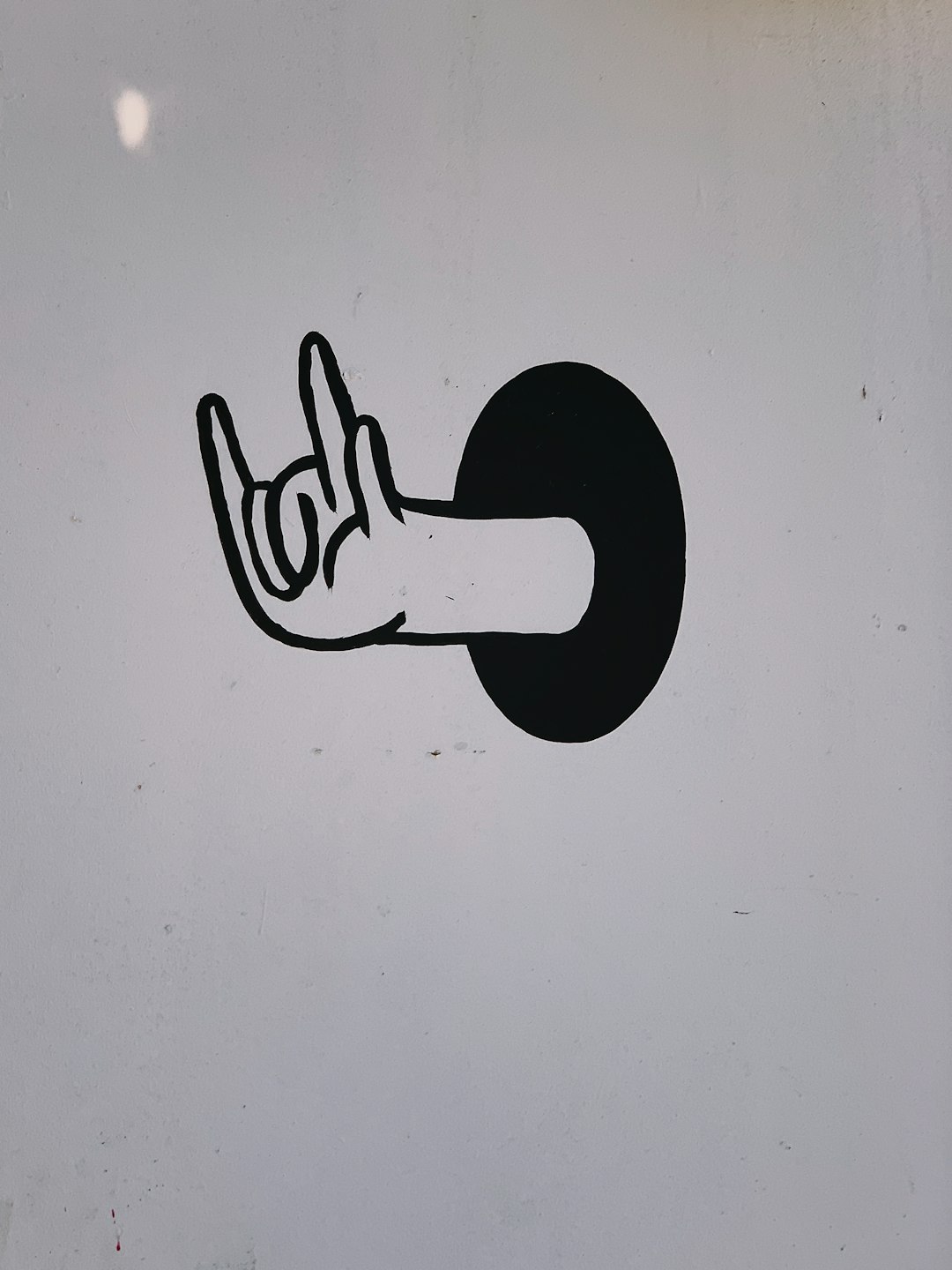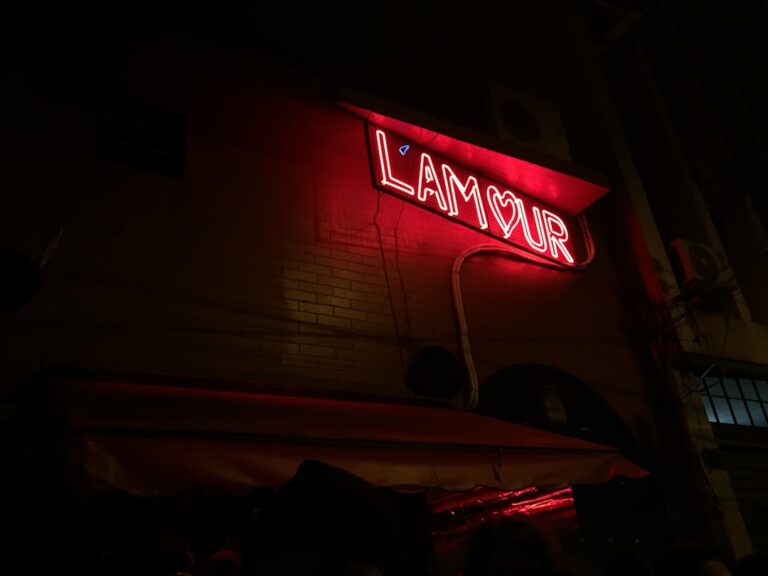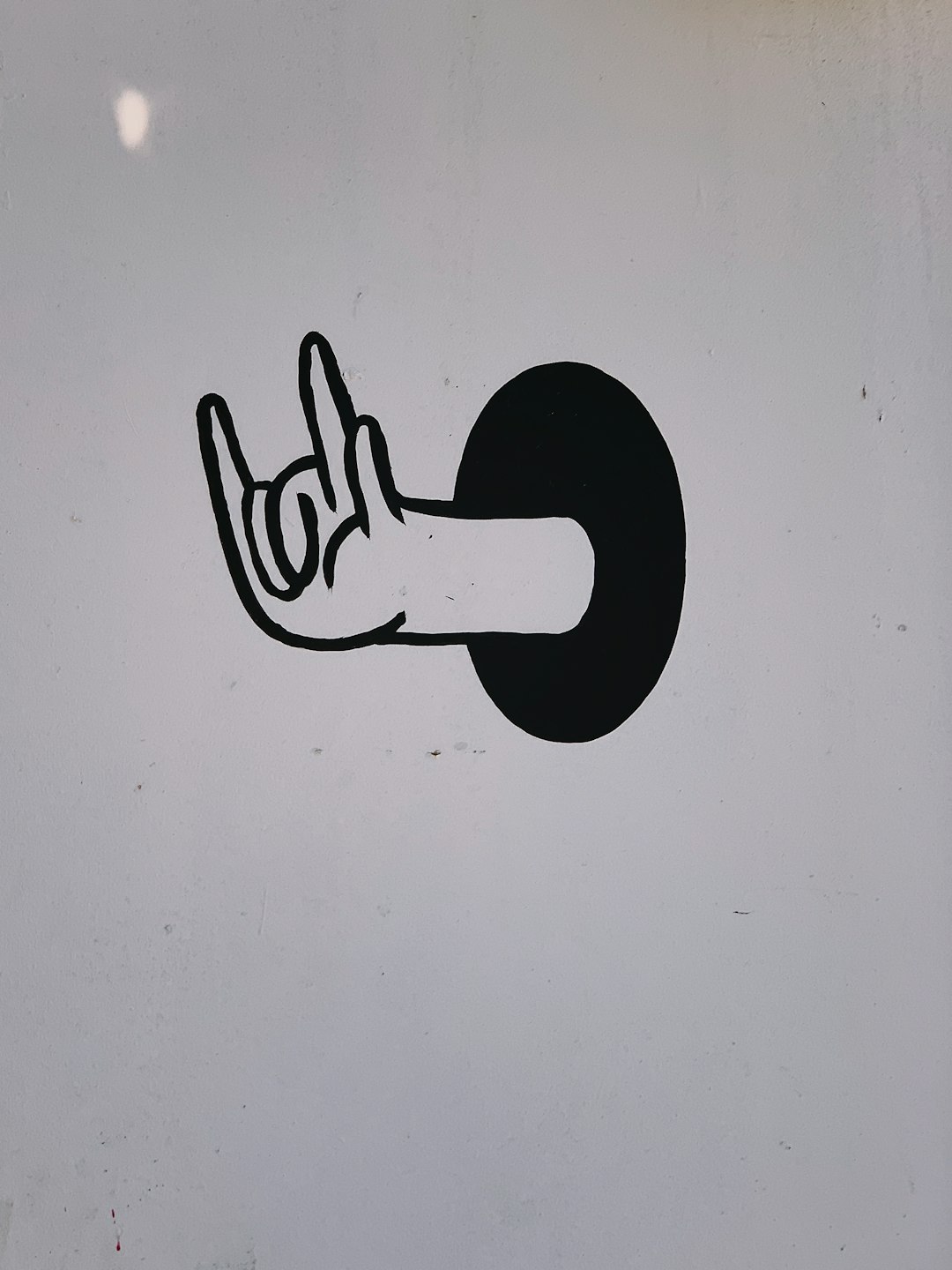In California, restorative justice approaches prioritize healing and reconciliation in massage abuse cases, focusing on accountability, victim participation, and community involvement. Massage abuse attorneys facilitate dialogue, negotiations, and open communication through safe spaces, empowering victims to share their experiences and promoting empathy among all parties. This alternative to punitive justice aims to support victims' recovery, rebuild trust, and prevent future incidents within the wellness tourism industry, particularly massage therapy. Despite challenges, such as client resistance and cultural sensitivity requirements, restorative justice offers a promising, holistic solution for healing and resolution in massage abuse cases involving massage abuse attorneys California.
In California, where massage spa abuse cases are alarmingly prevalent, Restorative Justice Approaches (RJA) offer a promising alternative to traditional legal avenues. This article explores how RJAs can be applied to such cases, focusing on understanding their core principles, the unique context of California’s massage industry, and the potential benefits for massage abuse attorneys. By examining key components and practical applications, we aim to illuminate a path forward for healing and justice in these sensitive matters.
Understanding Restorative Justice Approaches

Restorative justice approaches focus on healing and reconciliation, aiming to repair harm caused by criminal acts like massage spa abuse in California. Unlike traditional punitive measures, restorative justice emphasizes accountability, victim participation, and reparation. In the context of massage abuse attorneys California, this means involving all parties—offenders, victims, and community members—in a collaborative process.
The goal is not only to punish the perpetrator but also to support victims in their recovery and rebuild trust within the community. Massage abuse attorneys specializing in restorative justice strategies work to facilitate dialogue and negotiations, ensuring that victims’ needs are heard and met. This approach can lead to more satisfying outcomes for all involved, promoting a sense of safety and justice in California’s massage spa industry.
The Prevalence of Massage Spa Abuse in California

Massage spa abuse is a significant and often overlooked issue in California, with numerous cases reported annually. The state’s vibrant wellness tourism industry, which includes hundreds of massage spas, unfortunately attracts individuals looking to exploit vulnerable clients. Many victims experience physical harm, sexual assault, or emotional trauma at the hands of unlicensed or unscrupulous therapists. These incidents not only cause immediate pain but also long-lasting psychological scars, making it imperative for justice to be served.
California massage abuse attorneys play a crucial role in holding perpetrators accountable and advocating for survivors. The state’s legal system recognizes the severity of these crimes, offering various restorative justice approaches as an alternative to traditional punishment. By focusing on healing and reconciliation, these methods aim to address the harm caused while promoting a culture of respect and integrity within the massage therapy industry.
Key Components of Restorative Justice Models

Restorative justice models in the context of massage abuse cases involve several key components designed to heal and restore balance for all parties involved, including victims and perpetrators. One of the core principles is emphasis on repair and reparation, where individuals who have been harmed are supported through measures like restitution, rehabilitation, and community involvement. This approach challenges traditional punitive justice by focusing on understanding the root causes of crime and promoting positive change.
Additionally, restorative practices encourage open communication and active participation from all stakeholders. Massage abuse attorneys in California can facilitate this by creating safe spaces where victims can share their experiences, while perpetrators are encouraged to take responsibility for their actions. This dialogue fosters empathy, accountability, and a shared commitment to preventing future occurrences of massage abuse.
Practical Application in Massage Abuse Cases

In the context of massage abuse cases in California, Restorative Justice (RJ) offers a practical and empowering approach to healing and accountability. When a client experiences abuse or mistreatment during a massage, RJ principles can facilitate a more holistic resolution than traditional legal avenues alone. Instead of solely focusing on punishment, RJ encourages open dialogue between the victim and perpetrator to address the harm done and rebuild trust. This process allows for a deeper understanding of the incident, promotes personal growth, and fosters a sense of responsibility in the offender.
Massage abuse attorneys in California can play a crucial role in implementing RJ by guiding clients through the process and advocating for their rights. By collaborating with trained facilitators, legal professionals can ensure that victims feel supported while navigating the complexities of seeking justice. This collaborative approach not only helps restore balance to the lives of those affected but also contributes to a culture shift, deterring future instances of massage abuse.
Benefits and Challenges of This Approach for California Massage Spa Abuse Attorneys

Restorative Justice (RJ) offers a promising avenue for healing and resolution in California massage spa abuse cases, presenting both advantages and challenges for massage abuse attorneys. One of its key benefits is fostering a more holistic approach to justice, focusing not just on punishment but also on restoration and reconciliation between victims and perpetrators. This method can significantly impact the emotional well-being of victims, helping them find closure and reclaim their sense of safety.
For California massage abuse attorneys, RJ can provide a unique framework to address the complex needs of survivors. However, challenges exist in terms of implementing this approach within the traditional legal system. Attorneys must navigate the potential resistance from clients who are accustomed to retributive justice models, as well as educate stakeholders about the benefits of RJ. Additionally, ensuring the cultural sensitivity and competency required to handle such cases is essential, especially when dealing with diverse victim populations.



